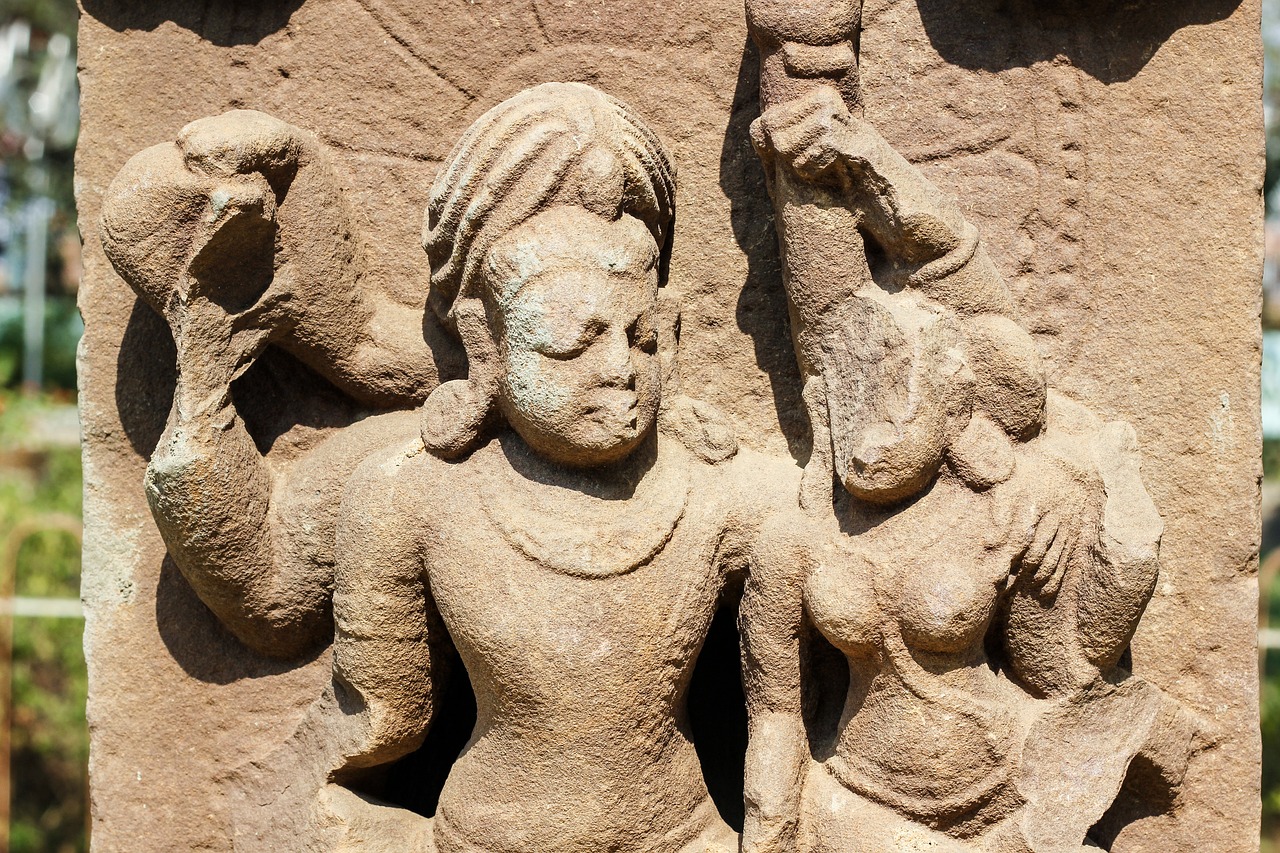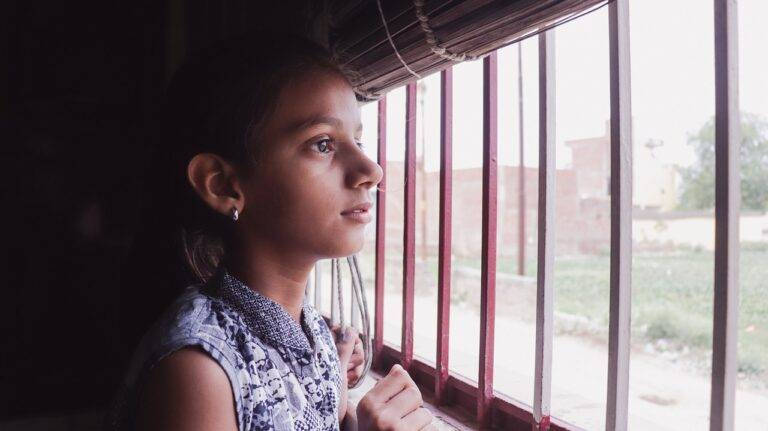Analyzing the Influence of Social Media in Political Polarization: All panal.com, Get cricket id, Gold 365
all panal.com, get cricket id, gold 365: In today’s digital age, social media plays a significant role in shaping our political landscape. With over 3.96 billion people actively using social media platforms globally, it’s no surprise that it has become a powerful tool in influencing political polarization. From spreading misinformation to creating echo chambers, social media has reshaped the way we consume and engage with political content. But what exactly is the influence of social media in political polarization? Let’s dive into it.
1. The Rise of Filter Bubbles
Social media algorithms are designed to show users content that aligns with their interests and beliefs. While this may seem harmless, it can create filter bubbles, where individuals are only exposed to one-sided information. This can reinforce existing beliefs and prevent individuals from engaging with differing viewpoints, ultimately leading to polarization.
2. Misinformation and Disinformation
The rapid spread of misinformation and disinformation on social media platforms can further exacerbate political polarization. False information can easily go viral, leading to a proliferation of fake news that can influence public opinion and shape political discourse.
3. Echo Chambers
Social media allows individuals to connect with like-minded individuals, creating echo chambers where people are only exposed to ideas that confirm their own beliefs. This can amplify polarization by isolating individuals from differing perspectives and fostering a sense of tribalism.
4. Polarizing Rhetoric
Politicians and pundits often use social media to promote polarizing rhetoric, further dividing the public along political lines. The use of inflammatory language and divisive messaging can fuel tensions and deepen ideological divides.
5. Online Harassment and Bullying
Social media platforms can also be breeding grounds for online harassment and bullying, particularly towards individuals with opposing political views. This toxic behavior can discourage civil discourse and lead to further polarization.
6. Confirmation Bias
Social media users tend to seek out information that confirms their preexisting beliefs, a phenomenon known as confirmation bias. This can reinforce polarized attitudes and make individuals less open to considering alternative viewpoints.
As social media continues to play a prominent role in our political discourse, it’s crucial to be aware of its influence on polarization. By actively seeking out diverse perspectives, critically evaluating information, and engaging in respectful dialogue, we can work towards bridging the divide and fostering a more inclusive political environment.
FAQs:
Q: Can social media be a force for good in reducing political polarization?
A: While social media has the potential to connect people from diverse backgrounds and facilitate productive discussions, its influence on political polarization cannot be ignored. It ultimately depends on how individuals choose to engage with social media and whether they actively seek out diverse viewpoints.
Q: How can individuals combat political polarization on social media?
A: By critically evaluating information, seeking out diverse perspectives, and engaging in respectful dialogue, individuals can help combat political polarization on social media. It’s essential to be mindful of the information we consume and actively work towards understanding different viewpoints.







